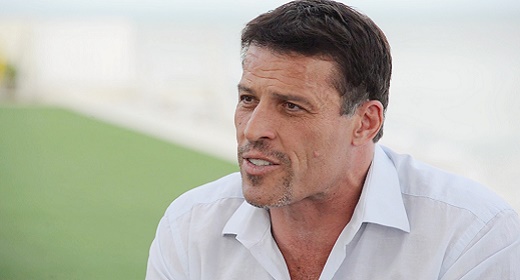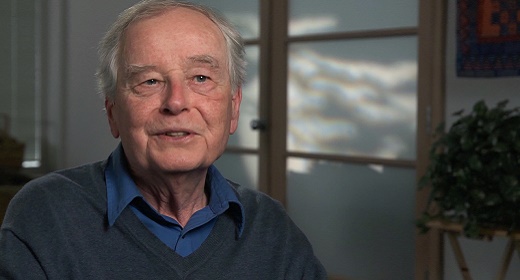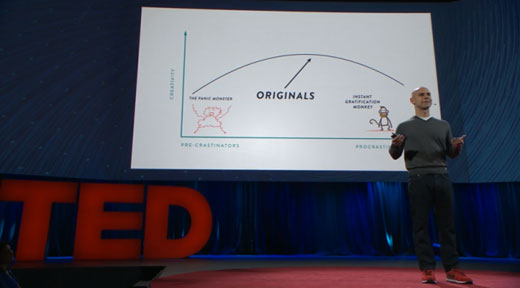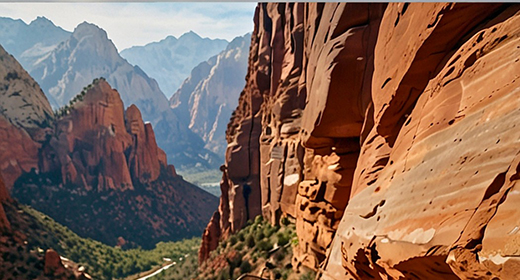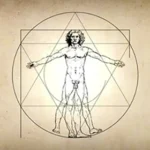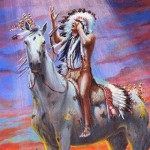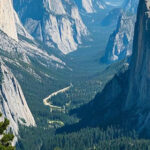by Diana Butler Bass: Belief is an ambitious documentary series dedicated to exploring the power of religion as a force for good across the globe…

At a time when many people in Western countries criticize religion as hypocritical, divisive or dangerous, and while large numbers are rejecting religion altogether, Oprah Winfrey’s project is a worthy reminder to viewers that religion can heal, restore and transform — and not only fracture. For this reason alone, the show Belief deserves respectful attention as it provides a much-needed alternative narrative to the increasing public disdain of faith.
But there is a second, and perhaps more radical, reason that Belief stands out as a compelling television event. Belief is not a standard world religions course that teaches the great global faiths by focusing on religious leaders, institutions, dogma or customary religious practices and rituals. Instead, the show delves into the territory of spiritual experience by telling the stories of people within various religious communities, presenting contemporary religion from the perspective of on-the-ground faith.
The show reveals how religion itself is shifting, how we are living through a period of intense spiritual democratization. In all the world’s religions, older forms of remote and hierarchical authority — not to mention the very idea of a distant and monarch-like God — are being challenged by ordinary people as they pray, worship, walk pilgrimages and seek the divine in nature and neighbourhoods.
Across the planet, people are taking responsibility for their own versions of meaning and, in the process, are remaking faith in ways that are more inclusive, more personal, more connected to the natural world and more attentive to their community.
Belief narrates this often-ignored but startling story: The age of top-down religion is over. That age is being replaced by an age in which even people who faithfully maintain distinctive religious identities are engaging in do-it-yourself spiritual journeys that often lead in remarkably similar directions of love, healing and justice toward a God (or gods) close at hand.
The shift is outpacing conventional religious institutions. For generations, religious belief has been understood as teaching, doctrine or ritual defined by and passed on through credentialed authorities such as priests, clergy, shamans or learned teachers. Those bodies of knowledge were codified into systems, structures and institutions to preserve particular beliefs and practices. Religious organizations and authorities served as mediators of truth to the faithful, whose primary responsibility was to assent to these affirmations and shape their lives around the rituals and practices of their ancestors. With the move toward democratized faith, people now find meaning without deferring to once-powerful authorities.
Much of the meaning people find, as Belief illustrates, is in line with the traditional wisdom of the world’s religions and sacred texts. But people access that wisdom differently than they once did, appealing to personal authority as they embrace ideas, rituals or practices in ways once reserved for trained religious leaders. This radical widening of religious authority, with its pursuit of unmediated faith, amounts to nothing less than a global spiritual revolution.
The shift toward spiritual democracy is changing the actual nature of belief. For the past few centuries, the word “belief” has, in English at least, become shorthand for “opinion about.” So religious beliefs are understood by many contemporary Americans and Europeans to be what they consider increasingly dubious opinions about God and salvation that are taught by authorities they do not trust.
With the move toward personal engagement with faith, the do-it-yourself revolution of religion, the word “belief” is returning to an older connotation of the word. Before “belief” came to mean “opinion,” it typically referred to devotion or trust. It was an experiential word, and not a philosophical one, that indicated what a “believer” held dear or loved. “Belief” was a disposition of the heart.
As people remake religion for themselves today, they are replacing adherence to fixed doctrine with the personal power of spiritual experience to transform their lives.
The shift amounts to a storming of heaven and dragging the holy here, to Earth. All around the world, people are discovering that God — or the gods, or the Goddess, or the spirit of awe — is nearer than has often been taught and that the divine can be accessed by anyone anywhere. Indeed, every person has a responsibility for his or her own spiritual life.
Ultimately, Belief is about the relocation of religious authority and the return to an experiential definition of “belief.” It reveals that ours is an age of spiritual uprising: In every faith tradition, in every corner of the globe, men and women are discovering that faith is an encounter of love and that human beings can trust themselves to find God and grace wherever the sacred might be discerned.
Diana Butler Bass is an independent scholar and author of nine books, including the newly released “Grounded: Finding God in the World — A Spiritual Revolution.”




